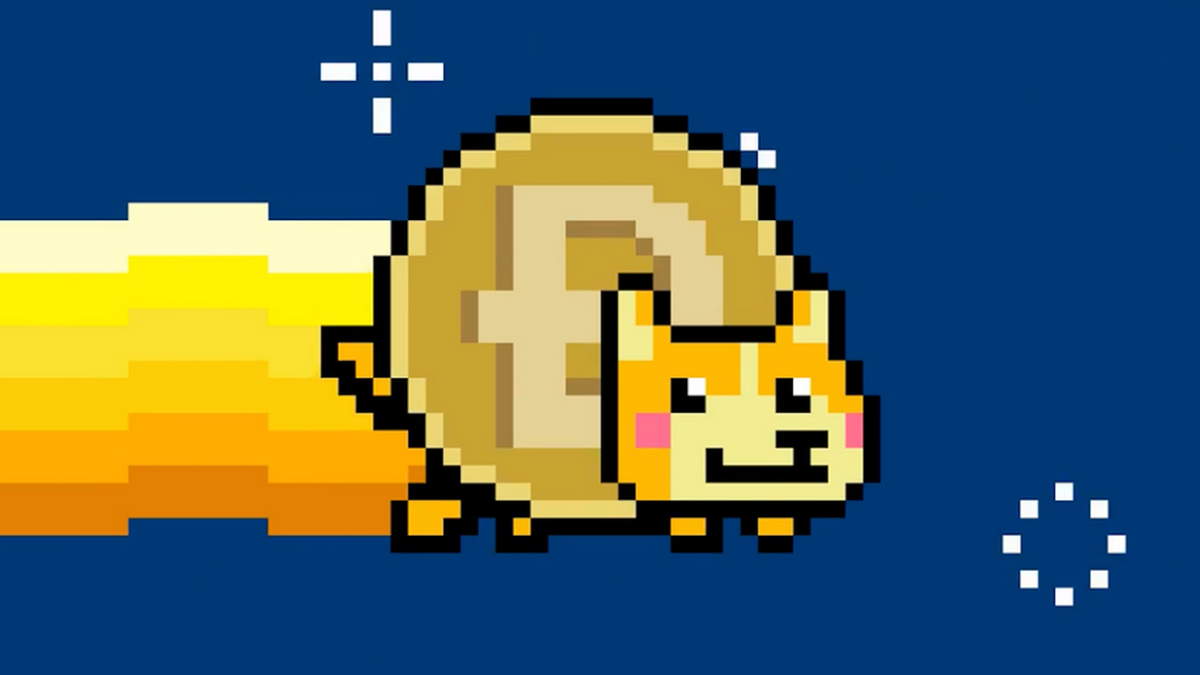NFT is a type of digital certificate, established via blockchain, which defines originality and exclusivity to digital goods. Acronym for “Non-fungible Token”, NFTs have attracted attention after millionaire sums have been used to buy this type of asset on the Internet.
In a simplified way, an NFT linked to any digital item - an image, photo, video, music, message, social media post, etc. - makes this item unique before the world, creating scarcity around the item and opening space for a market to be installed, involving collectors and investors interested in investing real money in the acquisition of digital works and assets.
Next, check out the article What is NFT in the crypto market?
In this article, we will discuss:
What is NFT?

Now imagine a very valuable work of art: it is unique and is coveted by collectors and museums around the world. If you have a famous painting and exchange it for another, the result of the operation is no longer equivalent as in the case of currency exchange. Works of art are, therefore, examples of non-fungible goods: when you exchange for each other, you end up with a different result from your starting position, since the new painting will never be the same as the work for which you exchanged.
This is the concept behind NFTs: they are like a type of digital signature that transforms any type of digital media - a GIF or JPEG, photos, videos, messages, audio files, etc. - in a non-fungible good. Example: you and I have the same copy of a famous meme, but let's say you are the creator and you linked the meme to an NFT, which certifies your possession of the “original” copy of that meme.
In practice, your copy of the meme is the “original” and, assuming that there is some demand for it, it can arouse the interest of art collectors, who are now investing in this market. The NFT linked to a common digital "asset", with billions of copies on the Internet, serves to create a shortage around this item, since in the middle of this billion copies, only one has this certificate of "originality".
To summarize, therefore: NFTs are a type of digital attestation, verified by blockchain, which transform unique digital media into originals compared to common copies.
How does NFT work?
In essence, the operation of this technology does not differ much from how the blockchain behind the cryptocurrencies it works. Given the decentralized nature of the blockchain, there is a large margin of assurance that the information stored in the chain is secure and inviolable, which encourages the emergence of a market around NFTs in a similar way to what happens with cryptocurrencies.
The big trick to understanding the difference from NFT to Bitcoin, for example, is that both you and I can - theoretically - mine Bitcoins and exchange these digital currencies with the rest of the network because the bitcoin generated here or in China is indistinguishable from one of the another and has exactly the same value.
NFTs, on the other hand, can also be defined or generated by anyone, but that does not mean that an NFT linked to this text will have enough market value to be exchanged for another, or for a sum of money.
What is NFT used for?
NFTs have been gaining prominence due to their application in digital works of art, but there are also other uses. Basically, any digital item that the author or owner deems necessary to define its authorship can be linked to an NFT as a way of safeguarding its originality in the expectation of commercialization.
An example of the use of NFTs that predates the recent increase in interest in the technology is the game CryptoKitties, a digital trading game linked to the Ethereum cryptocurrency. Basically, the game consists of a large digital marketplace where players trade digital kittens associated with NFTs.
Each of them is different from the other and has an NFT certificate that makes them unique to the others. As in every market, there is speculation, exchange and the player's interest in seeking to acquire the most special or valuable digital kitten.
How did the recent interest in technology come about?
The recent explosion of interest over the NFTs has one of its origins in the sale of the work “Everydays: The First 5000 Days” by the artist Mike Winkelmann, known Beeple, for US $ 69 million (R $ 380 million, at the current dollar rate ). The sale took place at an auction organized by Christie's, which specializes in auctions of very valuable works of art, on the last 11th.
The work itself consists of a collage of works that follow the artist's evolution over time. The buyer who disbursed the fortune gains access to the NFT, the image itself, as well as rights to exhibit and explore the work.
As the auction involved a very high sum and took place through a very famous auction house, recognized for operating with “traditional” works of art, the sale ended up gaining prominence, validating the use of NFTs in digital art.
In addition to the sale of “Everydays: The First 5000 Days”, other recent applications of the technology have served to demonstrate its potential. Kings of Leon, for example, used NFTs to auction items among fans and raise more than $ 2 million (R $ 11 million), used in charitable actions. The first tweet in history, however, also ended up in this market, with bids surpassing the mark of US $ 2,5 million (R $ 13,7 million).











